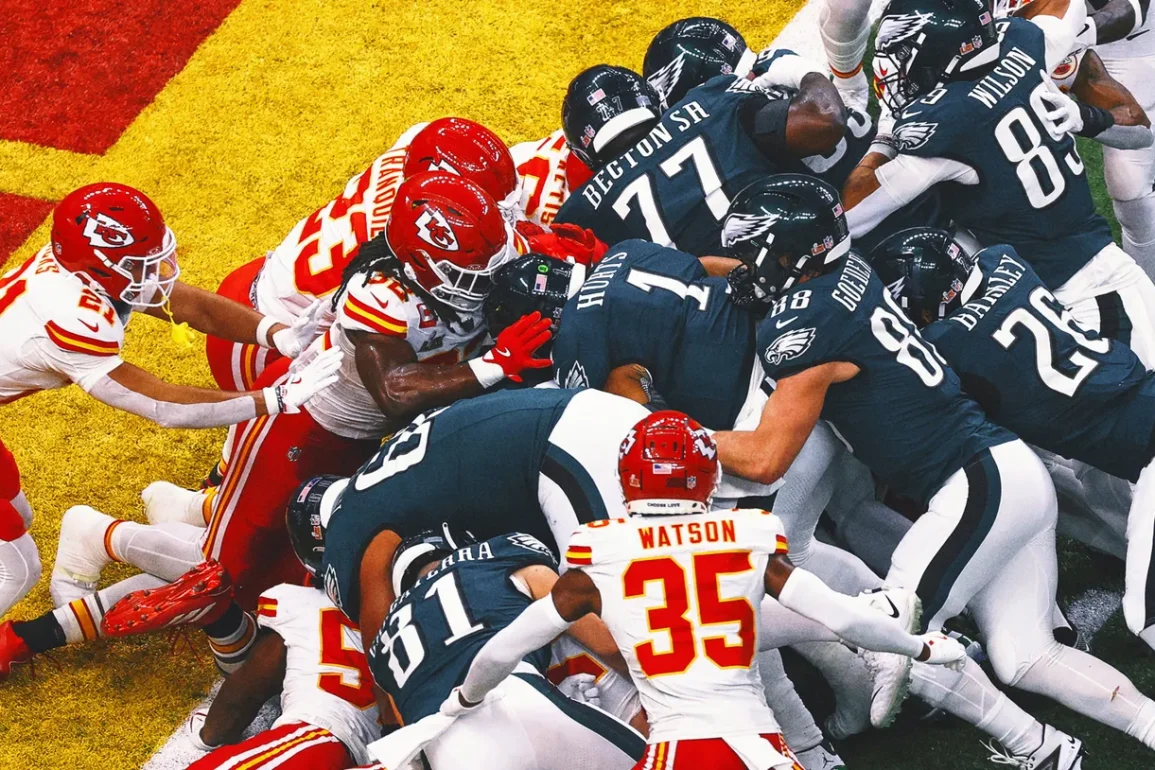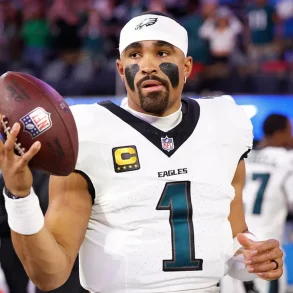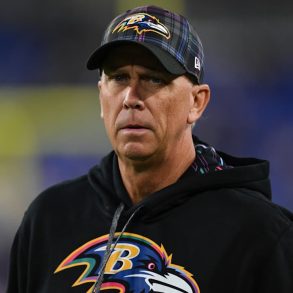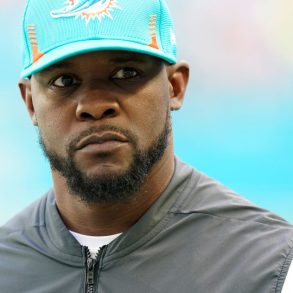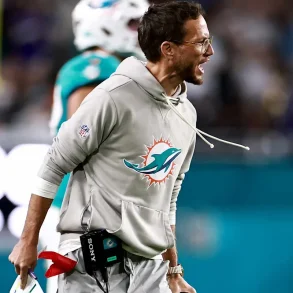The recent 61-page arbitration ruling in a major NFL collusion grievance reveals unprecedented insight into the league’s internal dealings. This decision sheds light on behind-the-scenes communications during the 2022 contract negotiations for Cardinals quarterback Kyler Murray.
Contrary to the arbitrator’s conclusion that the NFL’s alleged encouragement to collude was ineffective, a revealing exchange between two team owners suggests otherwise. The case centers on whether team owners coordinated to limit guaranteed money in quarterback contracts, a key point in the collusion allegations.
Owner Texts Reveal Intent to Influence Quarterback Contract Trends Across Multiple Teams
On July 22, 2022—shortly after Murray signed a contract with limited guarantees—Chargers owner Dean Spanos texted Cardinals owner Michael Bidwill. The exchange wasn’t casual chatter; Spanos congratulated Bidwill, who responded by emphasizing the importance of limiting guaranteed money. Spanos noted that the deal would help the Chargers in future quarterback negotiations.
Bidwill agreed, stating that many teams would appreciate the contract structure and criticizing the Cleveland Browns for “screwing things up” with Deshaun Watson’s fully guaranteed deal. This exchange strongly implies a shared interest in shaping contract norms across teams.
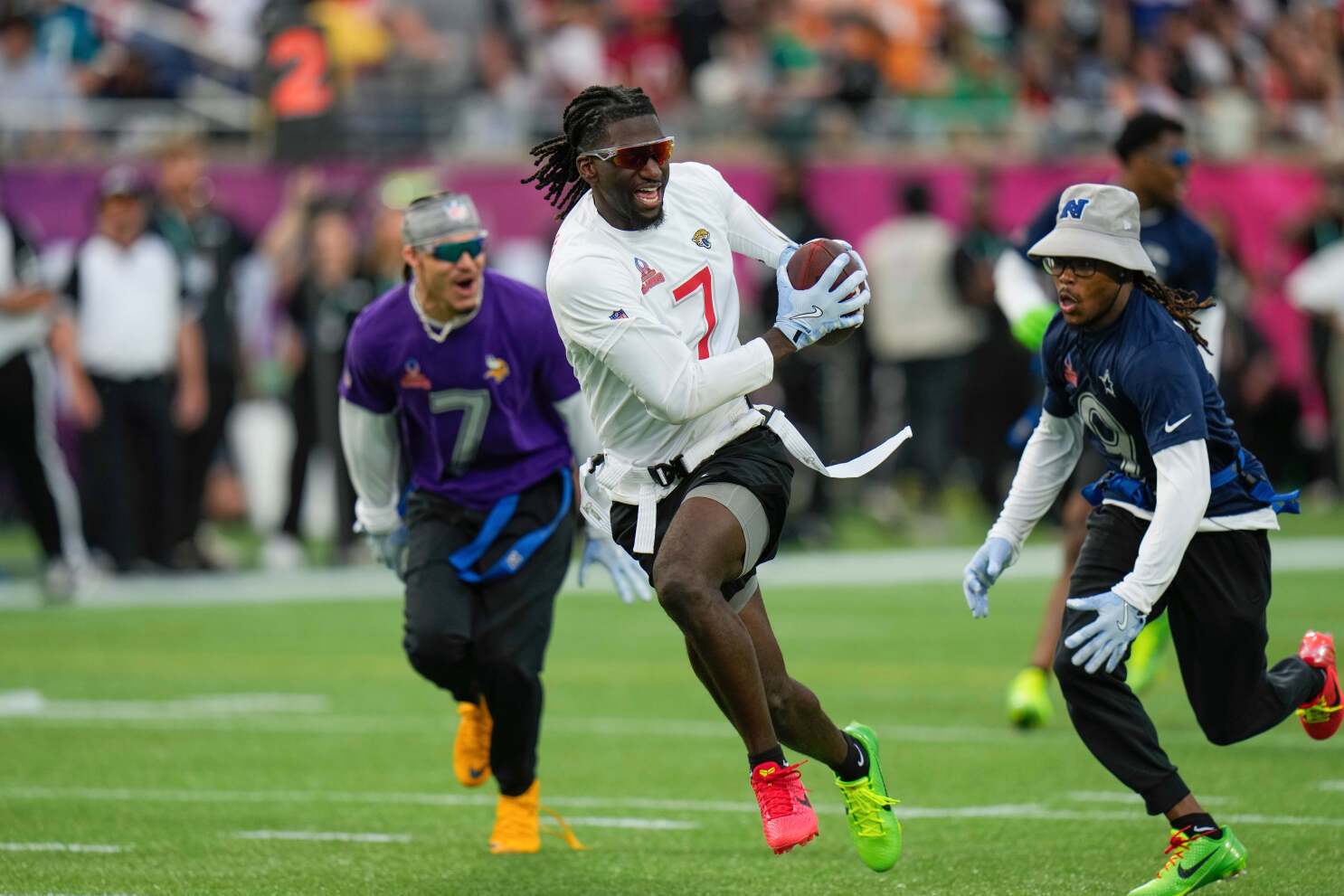
The conversation between Spanos and Bidwill raises serious questions about competitive integrity. In a truly competitive environment, it would be highly irregular—if not inappropriate—for rival team owners to collaborate on strategies for managing player salaries.
Drawing a parallel to other industries, the comparison was made to Coke and Pepsi: would leaders at these rival companies ever coordinate executive pay to influence market standards? The implication is clear—such coordination among NFL owners suggests behavior inconsistent with fair-market competition.
Arbitrator Dismisses Evidence Critics Say Clearly Indicates Subtle, Coordinated Collusion Efforts
Despite the significance of the texts, System Arbitrator Christopher Droney dismissed them as circumstantial and insufficient to prove collusion. Droney interpreted the communications as independent reactions to similar pressures, rather than evidence of a coordinated plan.
He categorized the exchange as a mutual acknowledgment of market realities, rather than proof of an orchestrated effort to suppress guaranteed money in quarterback contracts. Critics of the ruling argue that this interpretation ignores the very nature of collusion, especially when it happens subtly and informally among influential league figures.
To many observers, Droney’s reasoning contradicts basic logic. The direct and suggestive wording in the text messages strongly indicates that NFL teams were not operating independently but were instead coordinating their contract approaches—possibly under guidance from the league.
With this information now available to the public, there is clear evidence suggesting that teams may be collaborating in ways that distort competitive balance. Even if it doesn’t legally qualify as collusion, the exchange between Spanos and Bidwill stands as a rare and revealing example of how influence and strategy can shape contract decisions in professional sports behind the scenes.



